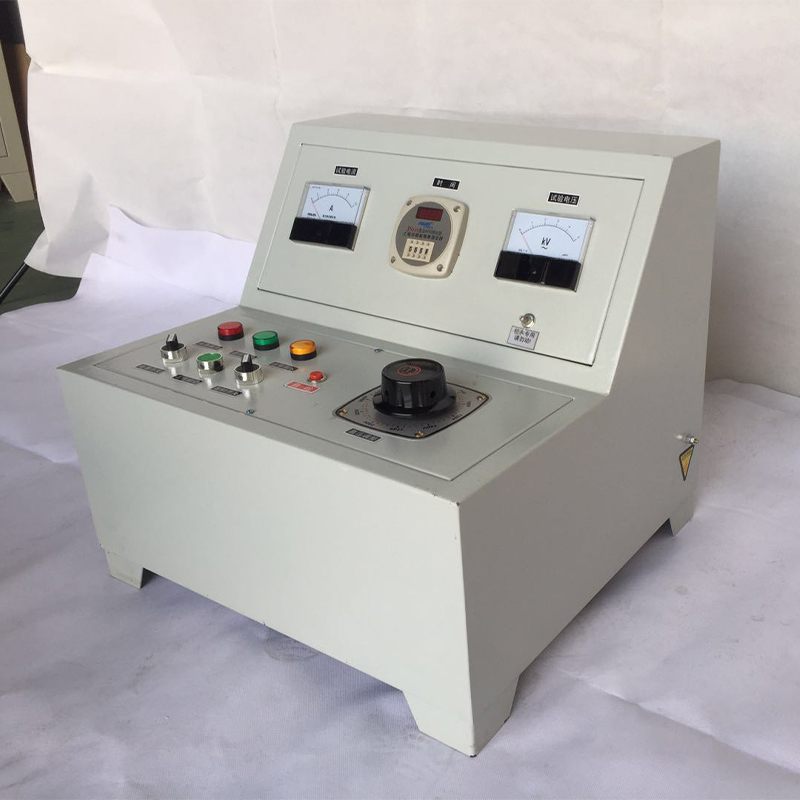universal tensile testing machine suppliers
The Importance of Universal Tensile Testing Machines and Their Suppliers
In the field of materials science and engineering, understanding the mechanical properties of materials is crucial for various applications, from aerospace to construction. One of the most fundamental tests conducted in laboratories is the tensile test, which measures how a given material behaves under tension. This process is facilitated by a universal tensile testing machine, a sophisticated piece of equipment designed to apply controlled tension to materials until they fracture or yield. The suppliers of these machines play a pivotal role in ensuring that industries can conduct accurate and reliable testing.
What is a Universal Tensile Testing Machine?
A universal tensile testing machine is an apparatus that can perform a variety of mechanical tests, such as tensile, compression, bend, and shear tests. The primary function of the machine is to apply a load to a sample material while precisely measuring the amount of deformation it undergoes. This allows engineers and scientists to determine essential material properties, including tensile strength, yield strength, elongation, reduction of area, and modulus of elasticity. These parameters are vital for determining how materials will perform in real-world applications.
Core Components of the Machine
A universal tensile testing machine comprises several key components 1. Load Frame This is the structural part of the machine that holds the testing apparatus and supports the load applied to the specimen. It must be robust enough to withstand high loads without deforming. 2. Crosshead This component moves up or down to apply tensile or compressive forces to the material being tested. The movement is typically controlled by a precision motor. 3. Load Cell This device measures the force applied to the specimen. It converts the force into an electrical signal, which can be recorded and analyzed. 4. Grips These are used to hold the test specimen securely in place during the testing process. Different types of grips are available, depending on the material being tested. 5. Control System Modern universal tensile testing machines come with sophisticated software to control the machine and acquire data during testing. This software can provide real-time graphs and calculations, making it easier for engineers to analyze the data.
Why Choose Reliable Suppliers?
Selecting the right supplier for universal tensile testing machines is critical for several reasons
universal tensile testing machine suppliers

1. Quality Assurance A reputable supplier will provide machines that meet international standards and undergo rigorous quality control. This ensures that the results obtained from testing are accurate and reliable.
2. Technical Support Reliable suppliers often offer extensive technical support, including installation, calibration, and maintenance services. This can significantly reduce downtime and ensure that the equipment operates optimally over its lifespan.
3. Custom Solutions Different industries have specific requirements for their testing equipment. Established suppliers can offer customized machines tailored to meet particular testing needs, thereby enhancing the efficiency of the testing process.
4. Training and Resources Many suppliers provide training resources for operating the machines effectively. This is essential for ensuring that laboratory personnel are skilled in using the equipment, which directly impacts the quality of testing results.
5. Upgrades and Accessories The field of materials testing is continuously evolving. Reliable suppliers stay abreast of technological advancements and often offer upgrades or additional accessories that enhance the capabilities of the existing equipment.
Conclusion
In conclusion, universal tensile testing machines are essential tools in materials testing, serving as the backbone for research and development across various sectors. The choice of supplier can significantly impact the efficiency, reliability, and accuracy of testing outcomes. Therefore, it is vital for organizations to invest time in selecting reputable suppliers who can provide high-quality machines, technical support, and customized solutions. As technology continues to advance, the importance of these relationships will only grow, ensuring that industries can confidently assess material performance and safety for their applications.
-
Why the Conductor Resistance Constant Temperature Measurement Machine Redefines Precision
NewsJun.20,2025
-
Reliable Testing Starts Here: Why the High Insulation Resistance Measuring Instrument Is a Must-Have
NewsJun.20,2025
-
Flexible Cable Flexing Test Equipment: The Precision Standard for Cable Durability and Performance Testing
NewsJun.20,2025
-
Digital Measurement Projector: Precision Visualization for Modern Manufacturing
NewsJun.20,2025
-
Computer Control Electronic Tensile Tester: Precision and Power for the Modern Metal Industry
NewsJun.20,2025
-
Cable Spark Tester: Your Ultimate Insulation Assurance for Wire and Cable Testing
NewsJun.20,2025
 Copyright © 2025 Hebei Fangyuan Instrument & Equipment Co.,Ltd. All Rights Reserved. Sitemap | Privacy Policy
Copyright © 2025 Hebei Fangyuan Instrument & Equipment Co.,Ltd. All Rights Reserved. Sitemap | Privacy Policy
